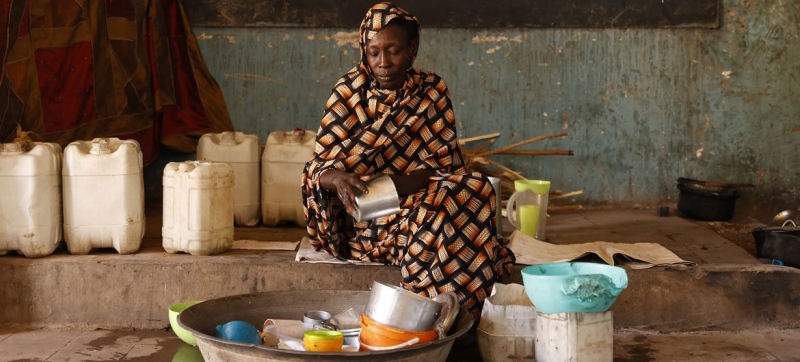
People across Sudan are returning to their communities, even as infrastructure is destroyed and access to basic services is lacking. Sudan on the brink of survival: UN calls for urgent help for millions of people Humanitarian assistance
More than 900 days of violent conflict and famine have pushed millions of Sudanese to the brink of survival. Women and children bear the heaviest burden. According to UN estimates, Sudan is facing one of the worst humanitarian crises in the world today.
Thousands of people are on the verge of death
More than 30 million people are in urgent need of assistance, including 9.6 million forced to flee their homes, and nearly 15 million children struggling to survive every day. The UN Food Program (WFP) issued a joint statement calling on the global community to pay attention to the “immense suffering” facing millions of Sudanese.
As fighting subsides in Khartoum and other parts of the country, some 2.6 million people are returning to their areas. Their homes are destroyed and they have no access to water, health care or education.
The situation is exacerbated by outbreaks of cholera, dengue fever and malaria, as well as rapidly spreading malnutrition, including among children. According to the IOM, thousands of people are on the verge of death.
More than 260 thousand civilians under siege
Over 260 thousand people, including 130 thousand children, remain under siege in the city of El Fasher, North Darfur. They have been cut off from food, water and medical supplies for more than 16 months. The health care system is destroyed. There are increasing reports of killings, sexual violence and forced recruitment into armed groups.
“Children suffer from malnutrition, are exposed to violence and die from preventable diseases. Families are doing everything they can to survive, showing incredible resilience in the face of unimaginable challenges,” said UNICEF Deputy Executive Director Ted Chaiban. Sudan has benefited 13.5 million people, but funding shortfalls are making the work of the UN and its partners increasingly difficult. percent.
UN agencies reaffirm their commitment to continue their joint efforts to help communities across the country.
“The humanitarian community is ready to act, but it cannot do it alone. Urgent global support is needed to save lives and help communities recover,” the agencies said in a statement.
